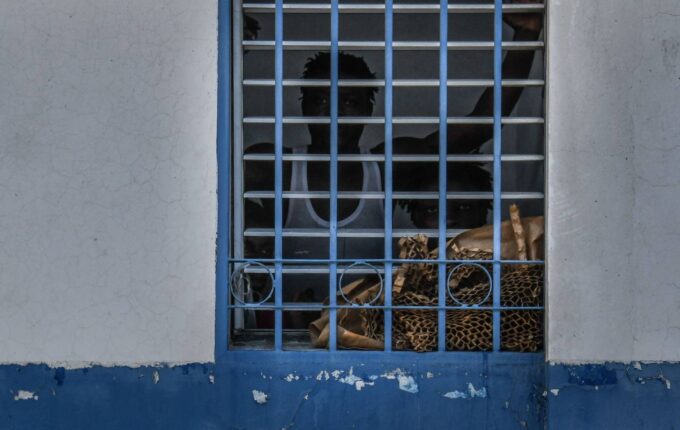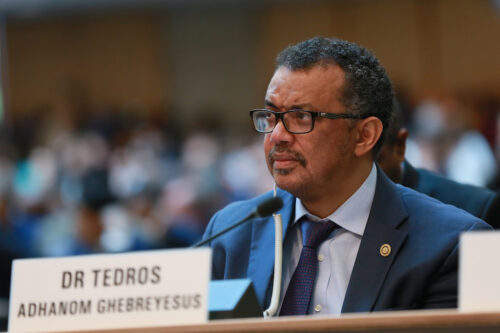
Haitians are under threat of another deadly disease that can further destabilize the already struggling country.
On Sunday, the government there said that at least eight people have died from cholera, raising concerns about a potentially fast-spreading scenario and reviving memories of an epidemic that killed nearly 10,000 people a decade ago.
The cases – the first cholera deaths reported in three years – came in a community called Dekayet in southern Port-au-Prince and in the gang-controlled seaside slum of Cite de Soleil, where thousands of people live in cramped, unsanitary conditions.
The Director General of Haiti’s health ministry Laure Adrien is worried because of how quickly the disease can spread.
“Cholera is something that can spread very, very quickly. Food or water contaminated with the cholera bacteria can lead to severe diarrhea and dehydration that can be deadly,” she said.
The United Nations said in a statement that it is working with Haiti’s government to “mount an emergency response to this potential outbreak,” stressing that health teams need to be guaranteed safe access to areas where cases have been reported.
The deaths come as a lack of fuel and ongoing protests shut down the availability of basic services across Haiti, including medical care and clean water, which are key to helping fight cholera and keep patients alive.
All this comes as Haiti’s most powerful gang continues to control the entrance to the main fuel terminal in the capital of Port-au-Prince, leading to a lack of fuel amid soaring prices that have unleashed widespread protests that have paralyzed the country for more than two weeks.
The absence of fuel and an increasing number of roadblocks have prevented water trucks from visiting neighborhoods to provide potable water to those who can afford it. It also has prompted some companies to temporarily shut down operations.
On Sunday, Caribbean Bottling Company said it could no longer produce or distribute potable water because its diesel reserves were “completely depleted,” adding that the lack of such a vital resource would affect “all sectors of society.”
Haiti’s last cholera epidemic sickened more than 850,000 people in a country of more than 11 million, marking one of the world’s worst outbreaks of the preventable disease in recent history.
United Nations peacekeepers from Nepal were blamed for introducing cholera into Haiti’s largest river in October 2010 by sewage. The U.N. has since acknowledged it played a role in the epidemic and that it has not done enough to help fight it, but it has not specifically said it introduced the disease.
Haiti would have been declared cholera-free by the World Health Organization only after reaching three consecutive years with no new cases.





0 Comments